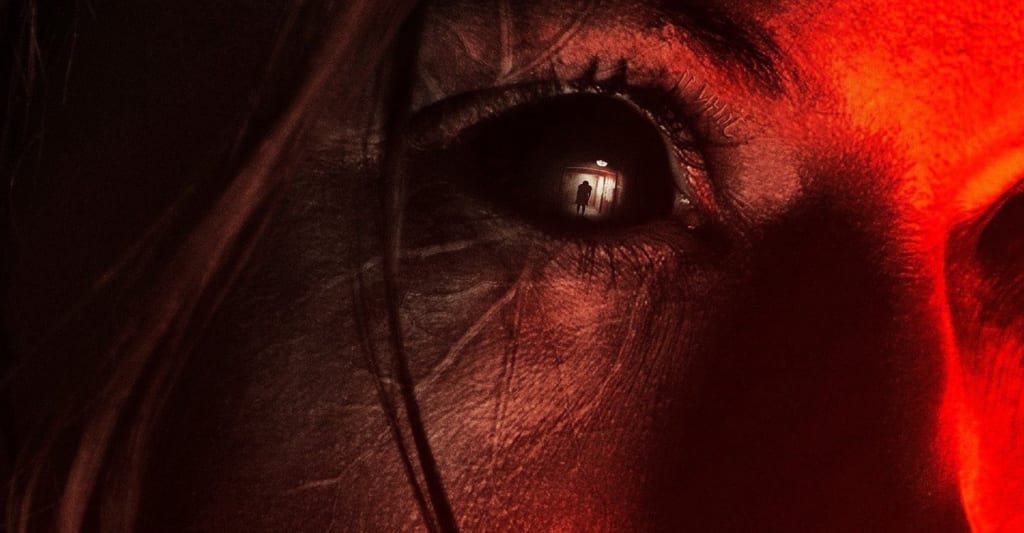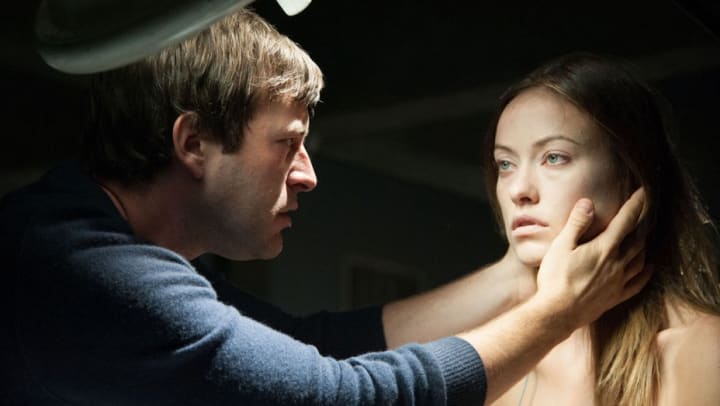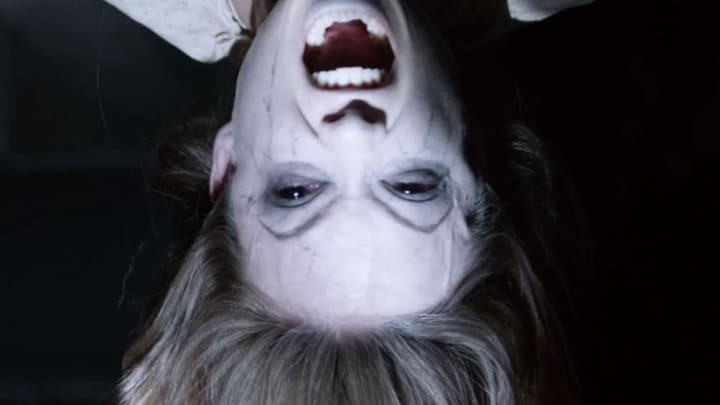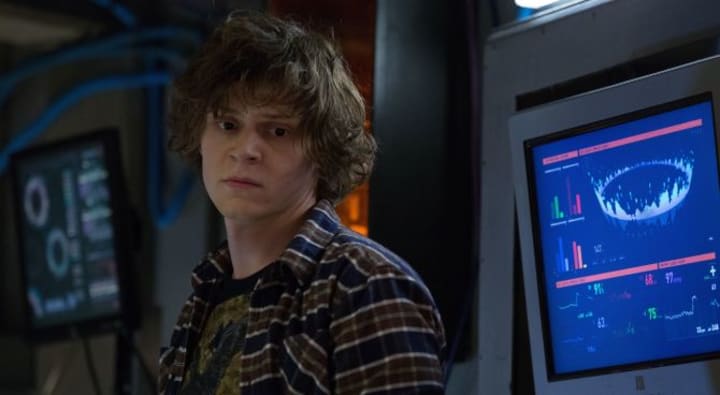'The Lazarus Effect'–A Review (Netflix)
I watch, so you do not have to.

Back in the late eighties, Peter Filardi wrote a screenplay that started a mini bidding war. The story of medical students dying and bringing themselves back proved an enticing and intriguing premise, and Filardi’s Flatliners script was snapped up by Colombia pictures.
The Joel Schumacher directed film went on to become a worldwide hit, with a 2017 remake not proving anywhere near as successful. Still, the idea of cheating death, seeing what is on the other side, persist in fiction.
The unknown has always been a rich vein of inspiration for horror, and even dark drama and comedy. Ever since the fiction of Mary Shelley’s Frankenstein, written in the early nineteenth century, was transported to the screen in the early twentieth century, it has inspired many films on the subject of cheating death.
Exploring this same theme is the poorly executed, horror hokum that is Netflix’s The Lazarus Effect, a good title wasted on a terrible film.
Four scientists, Frank (Mark Duplass), Zoe (Olivia Wilde), who is Frank’s fiance, Clay (Evan Peters) and Niko (Donald Glover) are working on a process to extend brain life function after death. Eva (Sarah Bolger) comes to their basement lab to record their findings and document the experiments.
The four use recently deceased dogs to do their experiments on, injecting a serum into their brain, whilst simultaneously hitting the corpse with a massive electrical charge. While conducting the experiment on one of the dog corpses, it seems to fail. Moments later, the dog springs to life.

You're back babe, you're back!
The four scientists are thrilled by their breakthrough, especially lead scientist, Frank. Clay has some reservations as the dog's brain activity is very high. The dog is also, strangely, docile.
They agree to do more tests. The next day in the lab, Clay sees the dog go feral, but is alone when it happens. He tells the others about the incident. They show some concern, but are not unduly worried.
Frank is called into the dean’s office. He is informed by her that his experiment is being shut down for being unethical. Frank tries to argue his case, but realises it is futile, as the university stands to earn a great deal from selling the rights to his work.
Determined to keep his work going, Frank gets the team together, to replicate the experiment on another dead dog. When the experiment is ready to go and Frank tells Zoe to throw the switch, for the electrical charge, something goes wrong and Zoe is killed.
Frank, frantic with grief, decides to do the experiment on Zoe. The others try to talk him out of that course of action, but seeing he is determined, assist him instead.
Even Eva, who has no scientific background, helps. Once again, the experiment does not seem to work. The electrical surge causing a blackout.
The four are forced to hide when the security guard comes to check the lab, as they no longer are allowed access to the equipment. After the guard leaves, they notice that Zoe is sitting up.
She is back from the dead. Both Clay and Niko are worried about her excessive brain activity. Frank is confident he can help her return to normal.

Get me out of this film!
Zoe can hear people's thoughts and exhibits telekinetic abilities. The whole group begins to notice that she is not the same. Eva comes across her sleeping, and ends up pulled into Zoe's nightmare.
She tells the others that something is wrong. Zoe realises they are plotting against her, and kills them one by one, crushing Niko in a metal cabinet, choking Clay, crushing Frank’s head, and snapping Eva’s neck.
Not wanting to be alone, she replicates the experiment and brings Frank back to life. The end.
At one hundred and twenty minutes, The Lazarus Effect is on the short side. This is reflected in the storytelling, with the film being mostly buildup followed by a stunted conclusion.
With such a talented cast and able direction by David Gelb, this film mostly suffers from a script that's not fully realised. Written by Jeremy Slater and Luke Dawson, the film simply takes too long to get going, laboriously laying the groundwork for the jump scares and fright scenes that only come in the last twenty minutes of the film.
With only one location, the lab, and the number of protagonists limited, the scope for horror was always going to be restricted, and so it proves. When Wilde’s Zoe goes crazy, quickly eliminating Glover’s Niko–yeah the black guy dies first–and then killing Peters’ Clay–soon to be seen in this summer’s, nervously anticipated by comic fans, Dark Phoenix, reprising his role as Quicksilver, there was only Duplass’ Frank, her fiancee, and the skittish, Bolger’s Eva left to play with.

I can't run, can I?
Zoe’s power in this underwhelming horror, brought to mind the equally awful Luc Beeson effort of a few years back, Lucy. That, frankly, silly film, also had a woman who could affect her surroundings due to vastly increased brain power. Though hers was, accidentally, drug-induced. Incidentally, that film is also available to watch–or avoid–on Netflix.
At least in Lucy, there were plenty of people to kill. The Lazarus Effect has so few victims, and the victims it does have, by virtue of none of them having sufficient moral gumption, all deserve to suffer at Zoe’s hands.
The Lazarus Effect is a well-worn story, lazily executed. It is neither scary enough, or intriguing enough to be watchable. The acting is good enough, given what they had to work with, but, considering the talent on show, all of whom have been in better fare than this, it seems a waste in a film that would have been just as adequate with a cast of unknowns.
This is one film that really should not have been raised from the dead, and I would not advise wasting eighty plus minutes watching it. Leave it buried.

You're going to kill me first aren't you?
About the Creator
Q-ell Betton
I write stuff. A lot.






Comments
There are no comments for this story
Be the first to respond and start the conversation.